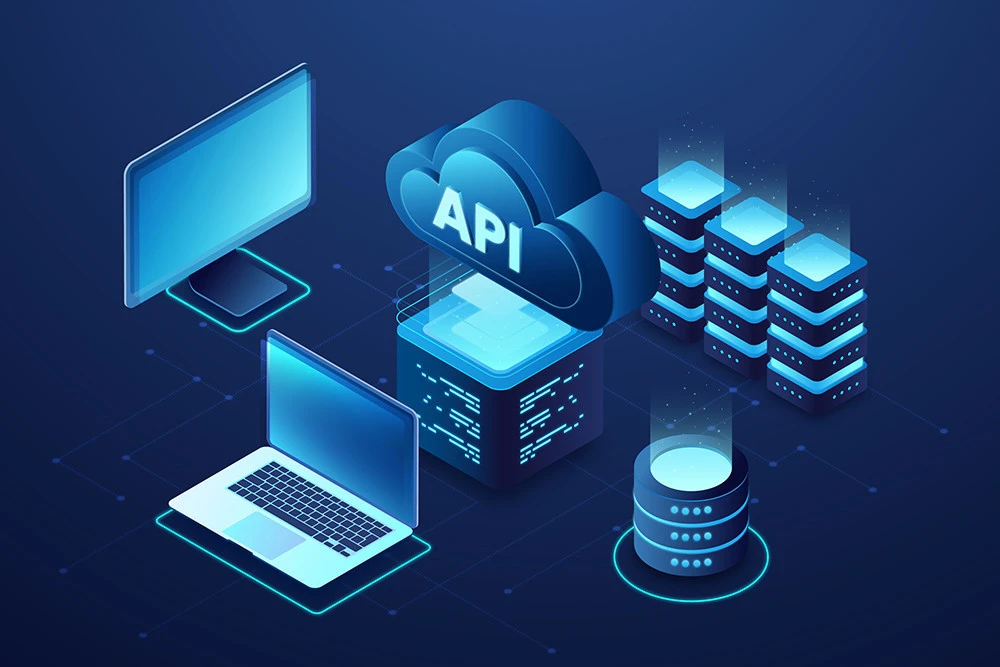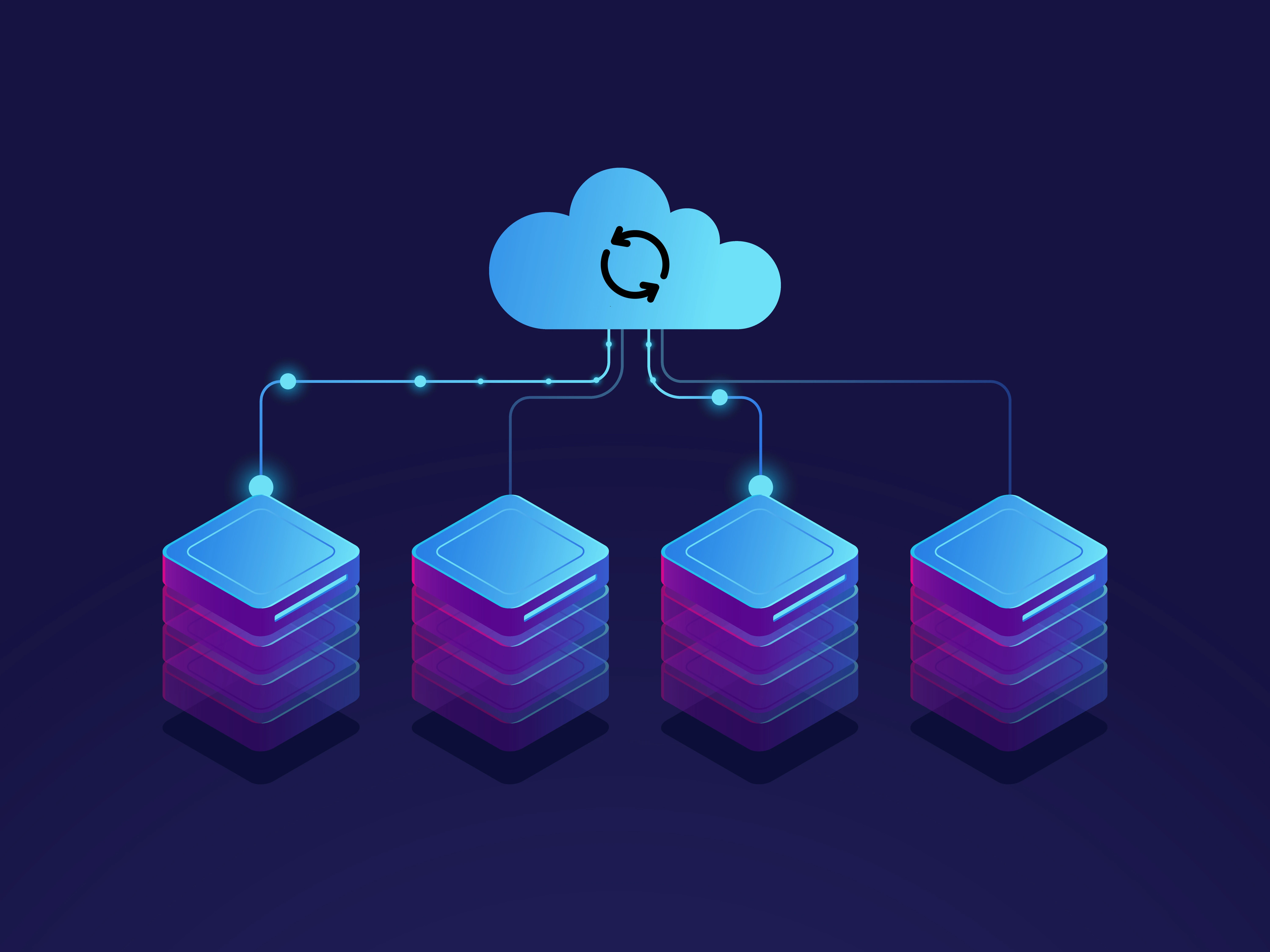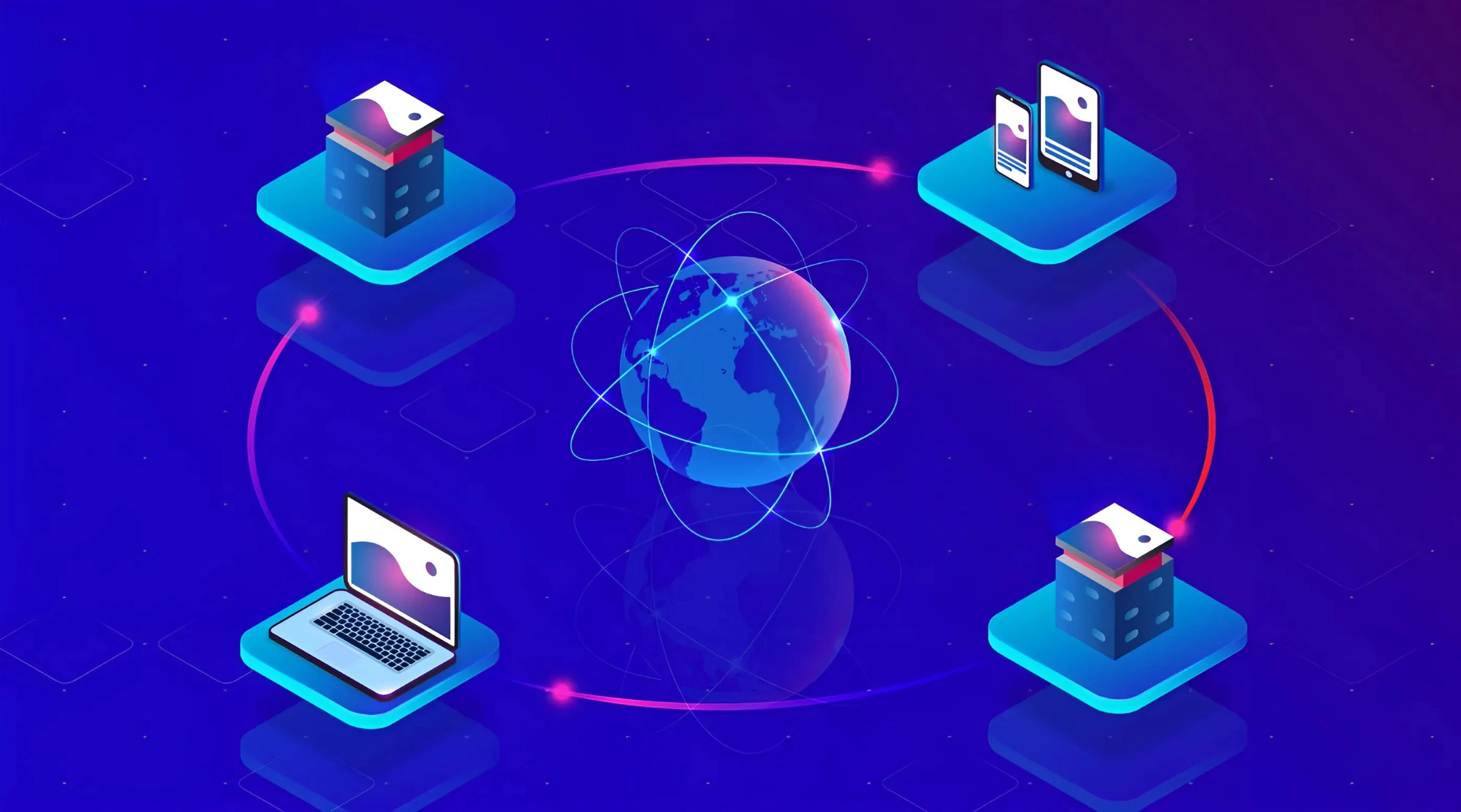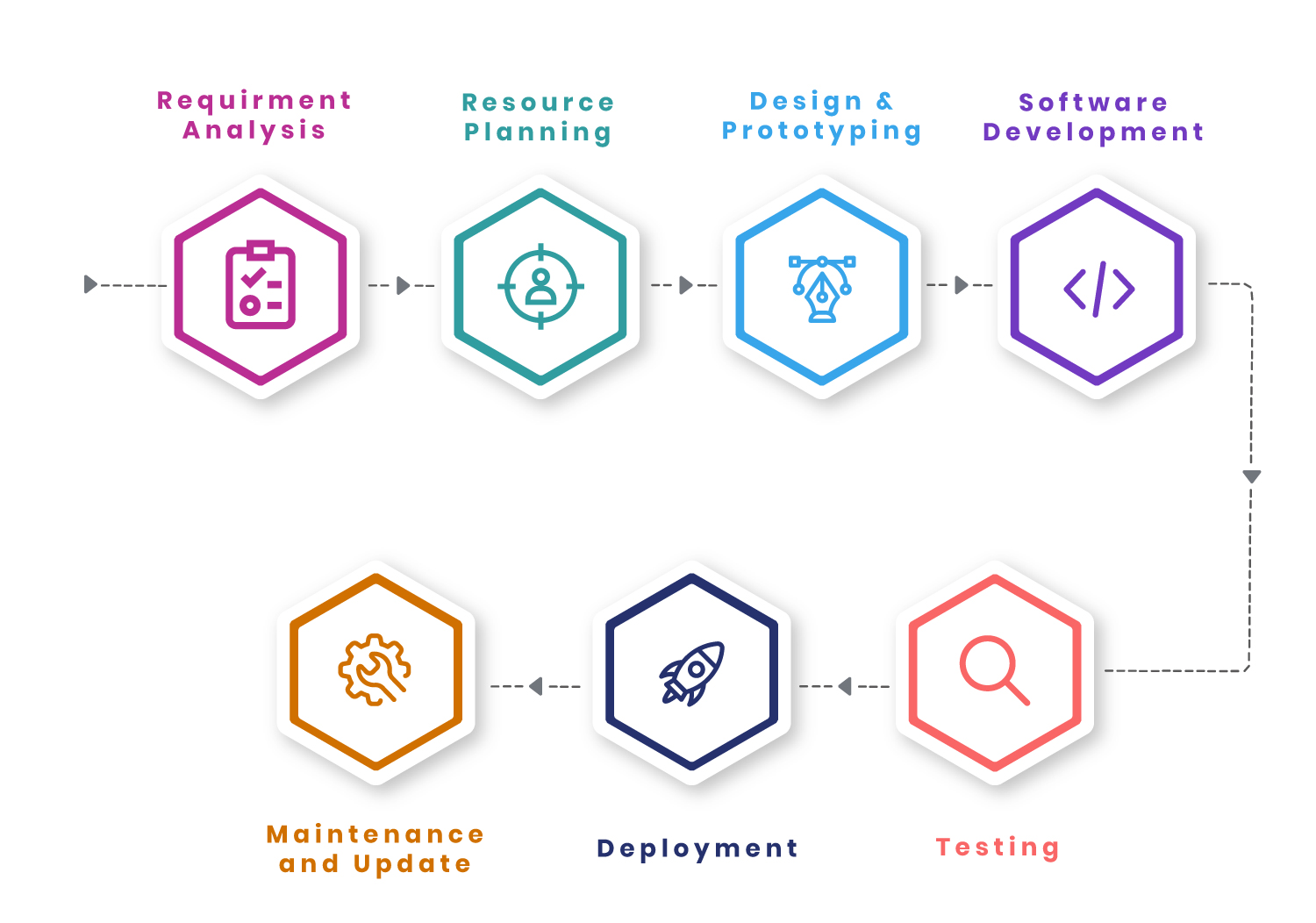DBMS Cloud Solutions
- Organizing Data:
DBMS organize data into structured formats, such as tables, rows, and columns, making it easier to store and retrieve information efficiently.
- Storing Data:
Businesses can store large volumes of data securely in the cloud using DBMS provided by Nichetech. These platforms offer robust storage capabilities, ensuring data integrity and reliability.
- Retrieving Data:
DBMS facilitate quick and efficient retrieval of data through various querying mechanisms. Users can easily search, filter, and analyze data to extract valuable insights for decision-making purposes.
- Scalability:
Cloud-based DBMS solutions offered by Nichetech are designed to scale seamlessly to accommodate growing data volumes and changing business needs. Organizations can increase or decrease their storage and processing capabilities as required without the need for significant infrastructure investments.
- Accessibility:
Data stored in DBMS is accessible from anywhere with an internet connection, enabling users to retrieve and manipulate data from different devices and locations. This accessibility promotes collaboration and facilitates real-time decision-making processes.
- Reduced Administrative Overhead:
SaaS-based DBMS solutions relieve businesses of the burden of managing hardware infrastructure and software updates. The SaaS provider handles maintenance tasks, ensuring that the DBMS is always up-to-date and running smoothly.
Overall, DBMS provided by NicheTech offer businesses a robust and scalable solution for managing their data effectively in today's dynamic and data-driven environment.
Elevating Data Management: The Latest Innovations in DBMS Cloud Solutions
The realm of Database Management Systems (DBMS) in the cloud is constantly evolving. Nichetech keeps you informed about the latest updates and advancements, empowering you to leverage the full potential of cloud-based DBMS solutions and optimize your data management strategy.
Focus on Manageability and Automation:
-
Simplified Database Management: Cloud providers like Oracle, AWS, and Microsoft Azure are offering improved tools and functionalities for managing databases in the cloud. This includes features like automated patching, performance monitoring, and resource optimization, simplifying database administration tasks.
-
Infrastructure as Code (IaC) for Databases: IaC methodologies are gaining traction for managing database infrastructure in the cloud. This allows for automated provisioning, configuration, and scaling of database environments, promoting consistency and repeatability.
-
Self-Service Database Provisioning: Cloud platforms are offering self-service database provisioning options. This empowers developers and business users to spin up new databases on-demand, increasing agility and reducing dependence on IT teams.
Enhanced Security and Compliance:
-
Granular Access Controls: Cloud providers are implementing more granular access control mechanisms for databases. This allows businesses to define who can access specific data within a database, enhancing data security and compliance.
-
Data Masking and Encryption Features: Cloud databases are offering built-in data masking and encryption functionalities. This helps organizations protect sensitive data at rest and in transit, adhering to data privacy regulations.
-
Integration with Security Information and Event Management (SIEM) Systems: Cloud databases are integrating with SIEM systems, allowing for centralized monitoring and analysis of security events related to database activity.
Focus on Hybrid and Multi-Cloud Deployments:
-
Database Migration Tools and Services: Cloud providers are offering robust database migration tools and services to facilitate seamless migration of on-premises databases to the cloud.
-
Hybrid Database Management: Cloud platforms are introducing functionalities for managing both on-premises and cloud databases from a single pane of glass. This simplifies administration and enhances visibility across the entire database landscape.
-
Multi-Cloud Database Support: Major cloud providers are increasingly focusing on supporting multi-cloud deployments. This allows businesses to leverage database solutions from multiple cloud providers based on specific needs and workloads.
Why Choose NicheTech for DBMS Cloud Solutions?
At NicheTech, we are committed to delivering cutting-edge DBMS Cloud Solutions that empower your business with robust data management capabilities. Our expertise ensures that your databases are secure, scalable, and optimized for performance, enabling you to focus on innovation and growth.
Ready to Optimize Your Data Management?
Discover the power of NicheTech's DBMS Cloud Solutions for secure, scalable, and high-performance database management. Contact our team today and embark on a journey towards enhanced efficiency and innovation.

























